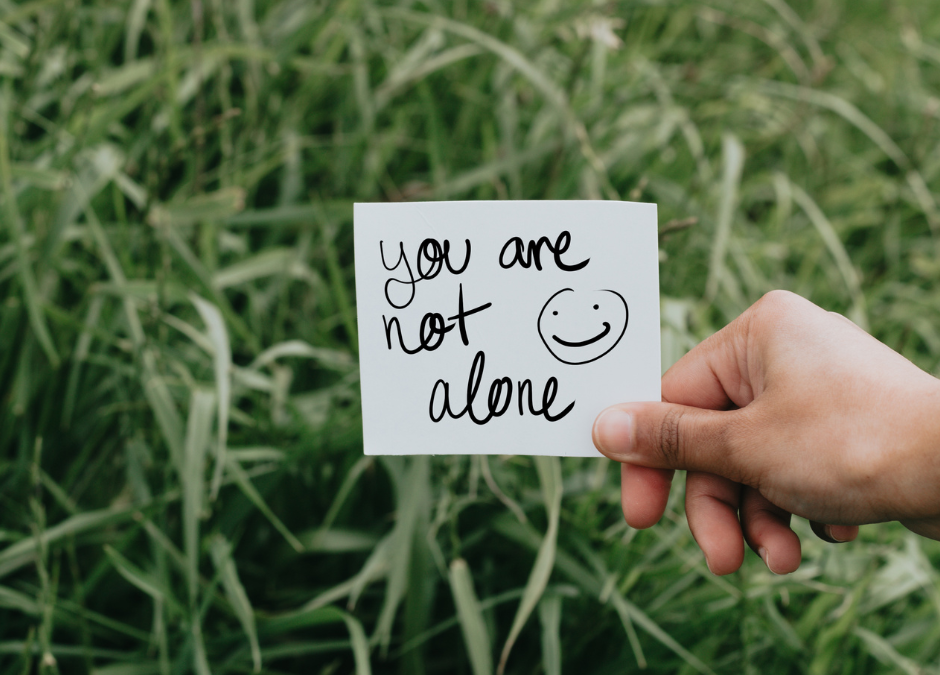The intersection of sports, mental health, and game performance is a dynamic and crucial area of focus in the athletic world. It’s widely acknowledged that an athlete’s mental state is just as important as physical fitness when it comes to performance on the field. Mental toughness, resilience, and the ability to handle pressure are all factors that can significantly influence an athlete’s game. The conversation around mental health in sports has gained momentum, with more athletes openly discussing their struggles and victories over mental health challenges. This openness has helped in destigmatizing mental health issues among athletes and has highlighted the importance of mental well-being for optimal performance.
Research shows that mental health issues can affect anyone, including elite athletes who may appear invincible. The pressures of competition, the pursuit of perfection, and the high stakes involved can lead to stress, anxiety, and even depression. Athletes need to have access to mental health resources and support systems that can help them navigate these challenges. Strategies like goal-setting, visualization, and establishing routines can be beneficial in maintaining mental fitness. Moreover, understanding the signs of mental health issues and addressing them early on is critical for athletes to remain at the top of their game.
Creating a mental game plan is as vital as a physical training regimen. Identifying potential mental obstacles and generating solutions ahead of time can enhance an athlete’s performance and mental resilience. Techniques such as positive affirmations, visualizations of successful performance, and regular practice can help sustain an optimal mental state. Early intervention strategies for minor mental challenges, and more intensive techniques for larger issues, can prevent these from escalating into a crisis.
The role of coaches, psychologists, and support staff is pivotal in creating an environment where athletes can thrive mentally. They can provide the necessary tools and guidance for athletes to build mental strength and cope with the pressures of competitive sports. As discussions about mental health continue to evolve, the hope is that all athletes will be empowered to take charge of their mental well-being as confidently as they do their physical training, leading to not only better performance but also a healthier, more balanced life.
– **Mental Health Resources for Athletes**: Many organizations now offer specialized mental health services for athletes. These include counseling, therapy, and crisis hotlines, like the 988 Suicide and Crisis Hotline established in 2022.
Reach out to the 988 Suicide & Crisis Lifeline by calling or texting 988, or chat online at their website, and connect with the Crisis Text Line by texting MHA to 741741 for support.

